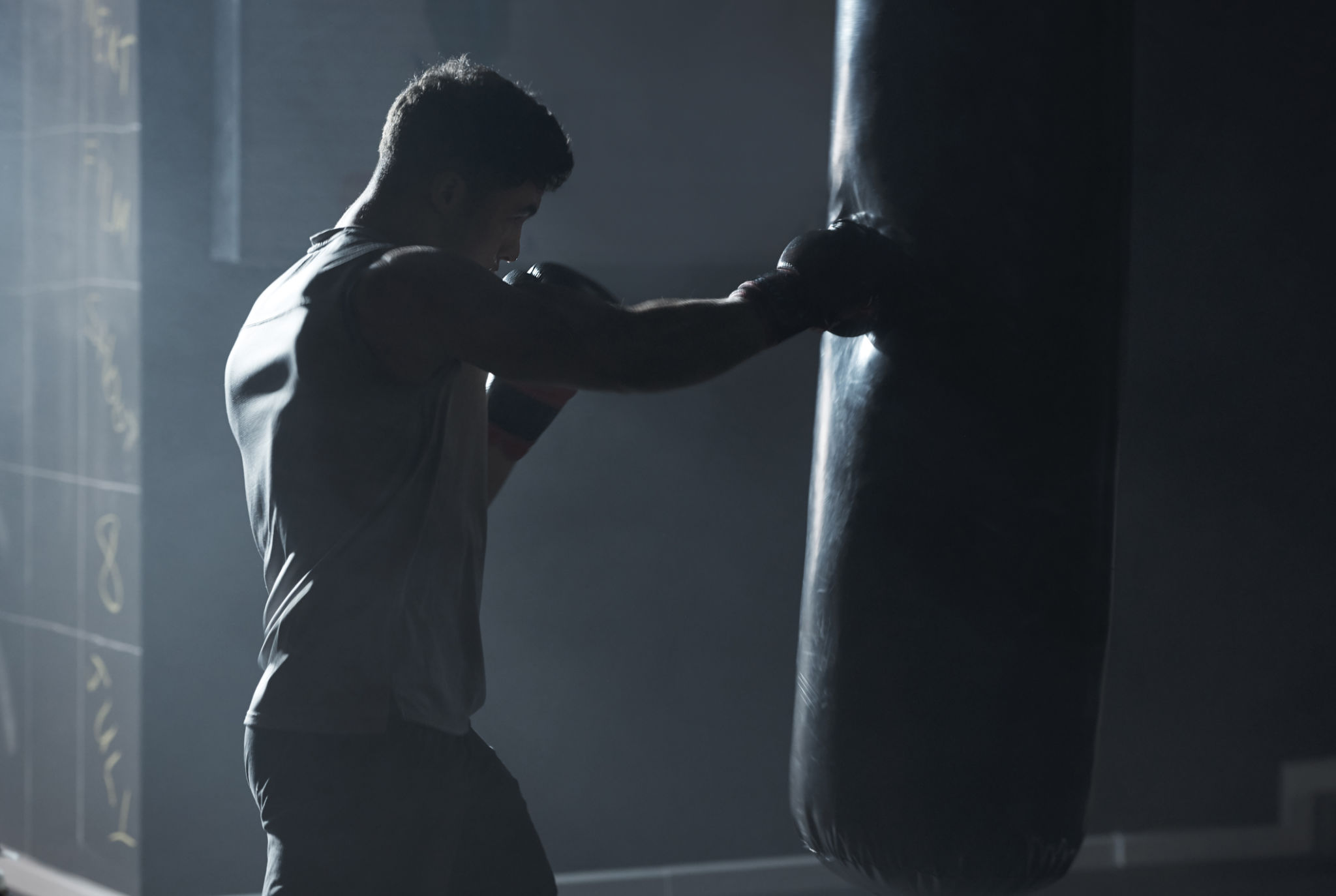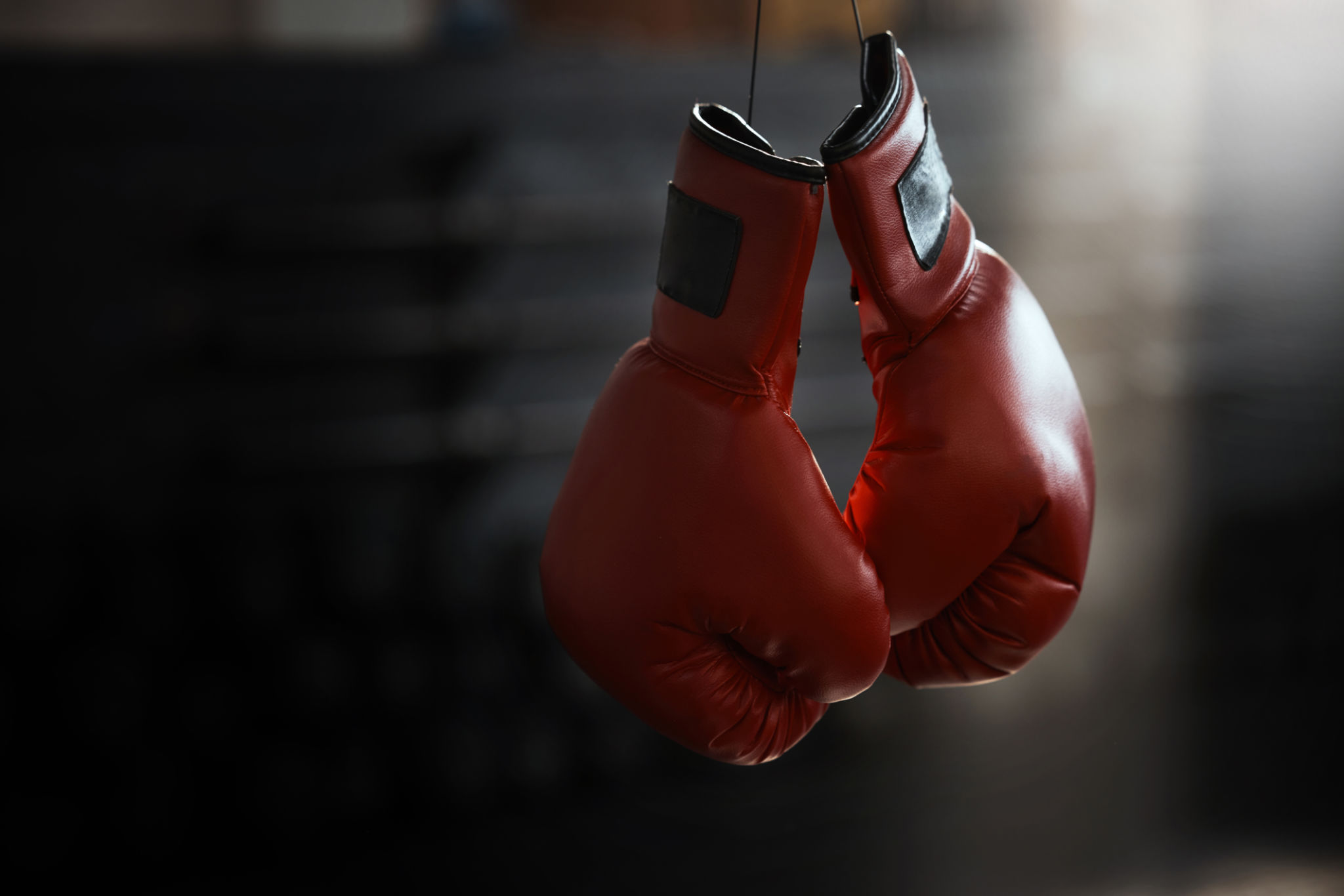How to Prepare for Your First Fight: A Comprehensive Guide for Aspiring Boxers
Understanding the Basics
Stepping into the boxing ring for your first fight is both an exciting and daunting experience. As an aspiring boxer, it's crucial to understand that preparation goes beyond physical training. A comprehensive approach that includes mental readiness, strategic planning, and equipment management is essential.
Before anything else, you need to have a solid grasp of the rules and techniques of boxing. This foundation will not only help you in the ring but also in developing your unique fighting style. Watching professional matches, analyzing different styles, and attending local bouts can provide valuable insights.

Building Physical Strength and Stamina
Your physical condition is a critical component of your preparation. A well-rounded training regimen should include cardiovascular exercises, strength training, and agility drills. These activities will help build the stamina and power needed to endure multiple rounds in the ring.
Consider incorporating exercises like running, jump rope, and circuit training to enhance your endurance. For strength, focus on weightlifting and bodyweight exercises that target core muscles, arms, and legs. Remember, consistency is key, so maintain a regular training schedule.
Additionally, sparring sessions are crucial for developing your in-ring skills and gaining practical experience. Working with a seasoned coach can provide personalized guidance to refine your techniques and address any weaknesses.

Mastering Mental Preparation
Boxing is as much a mental challenge as it is a physical one. Developing mental resilience will help you stay focused and composed during your fight. Visualization techniques can be particularly effective; imagine yourself successfully executing strategies and staying calm under pressure.
Meditation and mindfulness practices can also enhance your mental fortitude. These techniques promote relaxation and concentration, allowing you to manage anxiety and maintain a positive mindset leading up to the fight.

Strategizing Your Fight Plan
Every successful boxer enters the ring with a well-thought-out fight plan. Study your opponent's style and tendencies to identify potential weaknesses you can exploit. Collaborate with your coach to develop strategies that play to your strengths while countering your opponent's tactics.
Your plan should include both offensive and defensive strategies. Work on combinations that can break through your opponent's defense while perfecting defensive maneuvers that protect you from their strikes. Flexibility is crucial, so be prepared to adapt your strategy as the fight progresses.
Gathering the Right Equipment
Having the right gear is essential for both safety and performance in the ring. Invest in high-quality boxing gloves, hand wraps, mouthguards, and headgear. Properly fitted equipment will not only protect you but also enhance your movements during the fight.
Ensure that your attire—such as shorts and shoes—allows for maximum mobility and comfort. It's also wise to test your gear during training sessions to become accustomed to how it feels when you're active.

Nutritional Considerations
Your diet plays a significant role in your performance. A balanced nutrition plan should include a mix of proteins, carbohydrates, and healthy fats to fuel your workouts and recovery. Stay hydrated, as dehydration can significantly impact your energy levels and focus.
Consulting with a sports nutritionist can provide tailored advice to meet your specific needs. Plan your meals to avoid heavy foods close to the fight, ensuring that you're energized without feeling weighed down.
Preparing for Fight Day
The day of the fight will require its own set of preparations. Rest is crucial; ensure you get a good night's sleep before the event. Your mental state should be calm yet focused—reviewing your strategies and visualizing success can help maintain this balance.
Arrive at the venue early to acclimate yourself to the environment. Engage in a light warm-up routine to get your blood flowing without exhausting yourself before the match begins.

Reflecting on Your Experience
Win or lose, your first fight is an invaluable learning experience. After the bout, take time to reflect on your performance. Identify what worked well and what areas need improvement for future fights.
Discuss your thoughts with your coach and seek feedback from peers. Embrace this journey of growth as each fight brings you closer to becoming a skilled boxer.